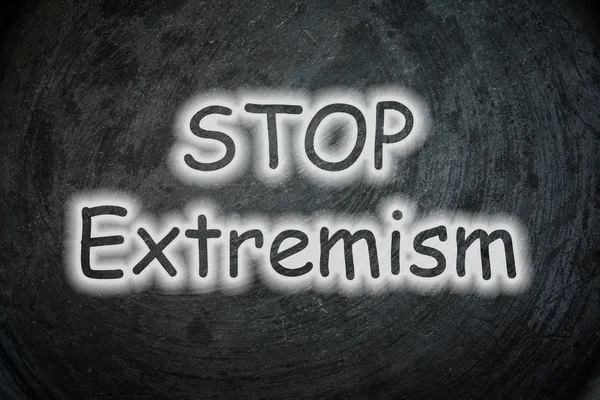TERRORISM AS A DANGEROUS PHENOMENON AT THE STAGE OF INTERNATIONAL RELATIONS
In the context of globalization, one of the important functions of the system of international relations is to ensure the security of states, and in this direction the main threat is international terrorism. The international nature of this phenomenon requires a joint struggle against this process on the part of States and international organizations. Terrorism is, first of all, a danger, and the source of its emergence is extremism and extremism of terrorist organizations, and sometimes subversive activities of intelligence services of individual countries. Representation of terrorism as a danger is conditioned by the fact that in case of a terrorist act there are numerous victims, including the death of peaceful and innocent population, financial and economic losses, reduction of the legitimacy of state power, reduction of the attractive image of the state in the international arena as an unsafe state, recognition of the country, creation of an atmosphere of fear in society, etc.
Given the growth of this phenomenon in the post-Soviet space, the States of the former Soviet Union since the 1990s, have taken the necessary measures to combat terrorism. Among them, a number of states have adopted special anti-terrorism laws. At the same time, at the level of regional and international organizations, anti-terrorist programmes were adopted, the main task of which was to regulate joint actions of States in the direction of combating terrorism. In this process, on 25 January 2000, the program of the CIS States "On Countering International Terrorism in the Framework of the OSCE Istanbul Summit" was adopted.
In the same year, the CIS Council of Heads of State adopted the Special Program on Combating Extremism and Terrorism for 2000-2003, according to which a model law "On Countering Extremism" was recommended to all member states. In 2001, a UN Security Council Resolution was adopted, according to which member states were obliged to cooperate with international organizations in this field. According to the UN Resolution and Resolution No. 1373, the countries of the world should cooperate with each other in combating terrorism at the level of cybercrime organizations, money transfers, drug trafficking, arms trafficking and other areas of transnational crime.
Based on these decisions, in 2001, the countries of the post-Soviet region, including Kazakhstan, Tajikistan, Russia and Kyrgyzstan, created rapid-action anti-terrorist forces. One of the most terrible terrorist acts of this period occurred in the cities of New York, Washington and Pennsylvania, USA on September 11, 2001, as a result of the explosion of airplanes by terrorists more than 2996 people were killed and 6300 citizens were killed. After these events, on September 28, 2001, the UN adopted Resolution No. 1368, in which the phenomenon of terrorism was recognized as an international threat requiring joint action by states. The Republic of Tajikistan also plays a major role in the fight against terrorism, as it is located directly on the border of the fight against this process. The anti-terrorist rapid reaction forces of the Republic of Tajikistan demonstrate good military skills in regional exercises and actively participate in the protection of the State border.
Chairman of the Council of women and girls of the University
c.m.s., associate professor Amonova S.B.
translated Ismoilov R.

